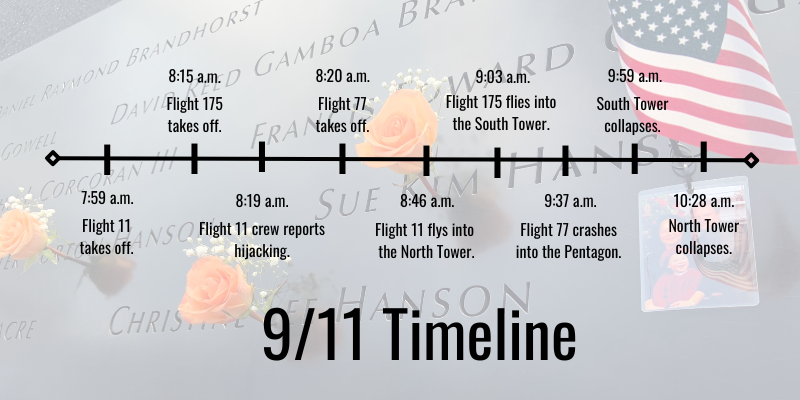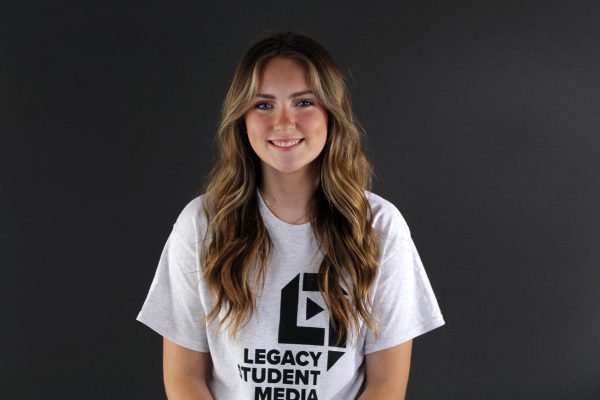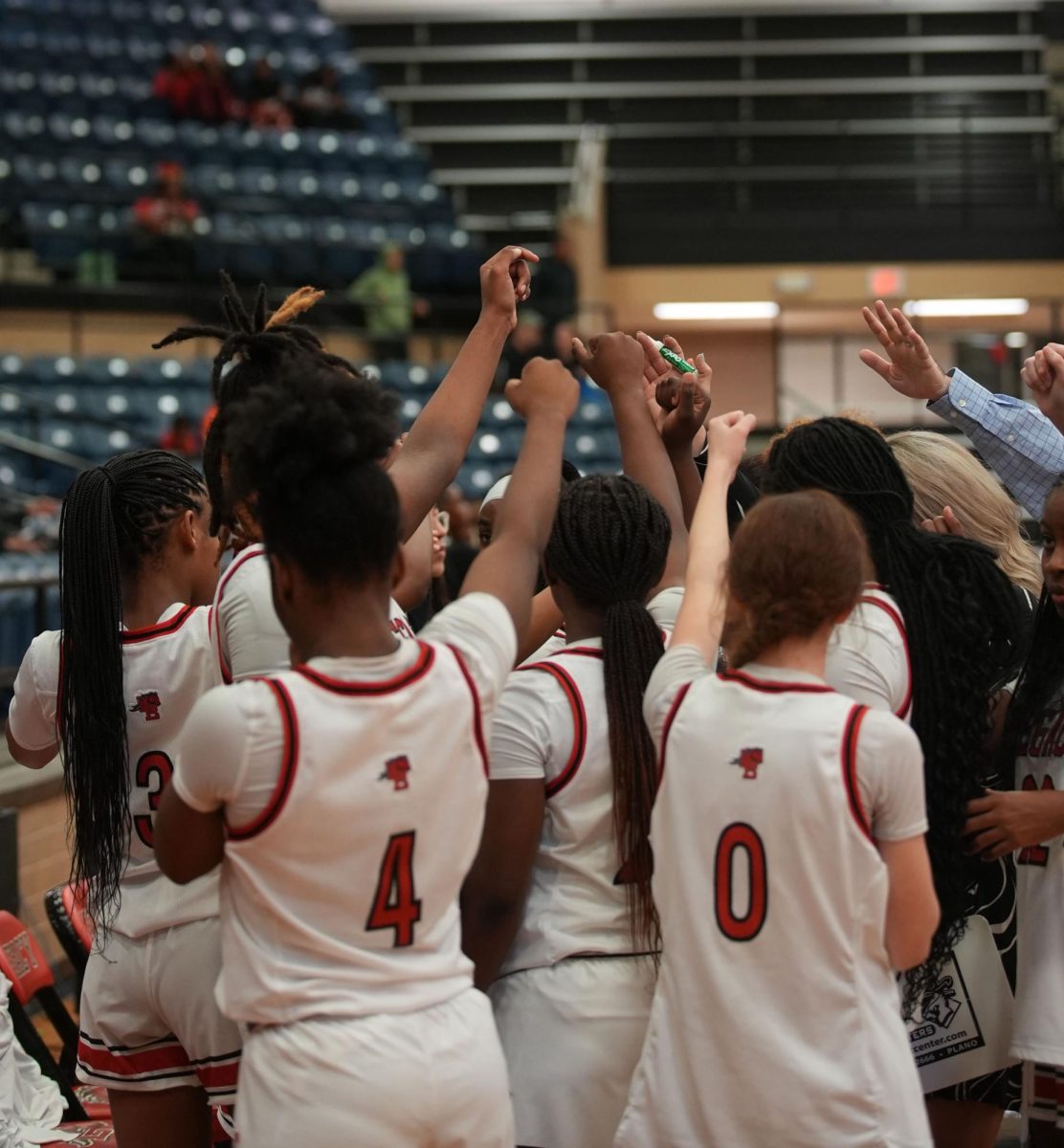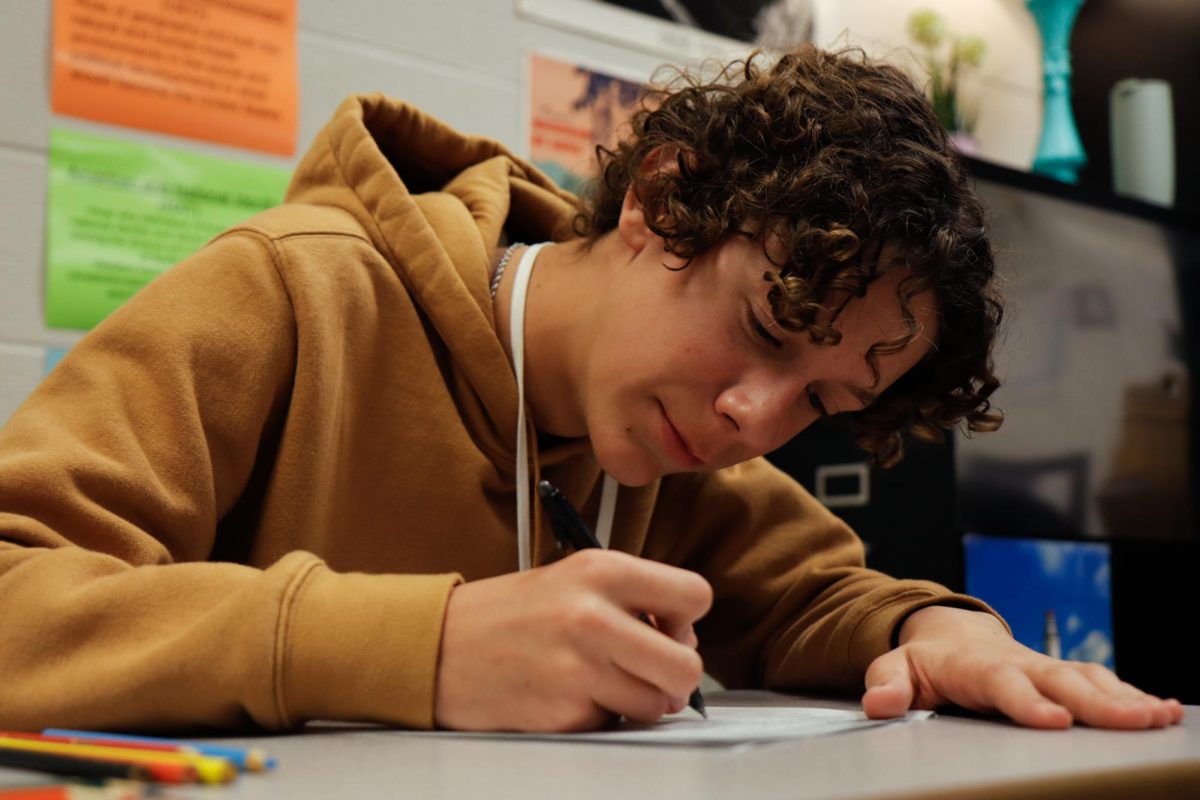Barry Thornton, School Resource Officer
“On September 11th, 2001, I was an eleven-year state trooper working on the Dallas North Tollway, more specifically George Bush Turnpike. I remember that day so well because I had a nail in my patrol car tire, and I went to a shop in Carrollton to get it repaired. While I was in the waiting room, getting a cup of coffee and waiting for them to repair my tire, I was watching the television. The news was on. I saw this airplane fly through a building in New York. Of course, I thought this was a movie. It looked exactly like a movie. Until I started realizing it wasn’t a movie, it was live. It was live news coverage that day. It was a morning shift that I was working, and I watched live, on the news coverage, the second plane. I missed the first plane going through the building, but I got the second plane. I couldn’t believe my eyes, I thought it was a movie. It was not a movie. It was real. That’s the morning I will never forget. The biggest change [afterward] was security. Security for federal buildings, security for government buildings because shortly before that or after that there was the Oklahoma bombings, the city where they bombed the buildings and killed a lot of people. Security became more focused on government and federal buildings as a result of the damage that was done and the amount of people that it killed all at once. Also airplanes, airport security, people were getting on the planes with different weapons. The airport lines got longer because the screening process was more serious than it had ever been. It became more difficult because the individuals who were responsible for [9/11] were getting on with fake documentation, fake passports, fake IDS, fake licenses or whatever. The biggest impact I saw was at the airport security.”
Danielle Panzarella, Teacher
“9/11, 2001. I was a sophomore in high school, and I was in the marching band. It’s peak marching season, so every morning we would be out on the football field – well, it was the practice lot, so it was the parking lot – and we would be laying out our show. Our show that year was called Tides of War because it was the anniversary of the bombing of Pearl Harbor. So our show was about how the Japanese attacked on the morning of December 7, and on the day of 9/11, we were laying out on the field the mushroom cloud formation to symbolize our response to the Pearl Harbor attacks. So I was out on the marching field because band was first block. And so when the first planes hit the towers, we were outside, and we had no idea. When we came inside, everybody’s really quiet, all the TVs are on, which is really unusual, and we just did not know what had been going on. Obviously throughout the day, as we learned what had happened, the mood really changed. Everything got really serious, and we had to think about changing our show that year. People were concerned that the topic of our show, just the idea of war and attack on America, would be something that people would not respond well to. We ended up not changing it. Instead, we adapted it a little bit to acknowledge kind of. We put some clips of President Bush’s speech after 9/11 talking about the terrorist attack into our show. At the end of our show, one of my best friends, who was in the color guard, carried this giant American flag across the field, and they struck the Iwo Jima pose. That’s the famous statues where they’re holding the flag, and people are saluting it, as kind of our way to alleviate those fears. Obviously, people were really nervous. I remember people were pulled out of school that day because we had a World Trade Center in Dallas, and people were thinking they were just attacks on World Trade Centers at first. It also changed a lot having to do with travel. I’m originally from New York. We used to go back to New York a lot, so we would always go in the summer. Our family used to be able to meet us at the gate. That was something you could do, even if you didn’t have a plane ticket. You could meet the people who were coming to visit you right there. You couldn’t do that anymore. I just remember it was really tense. We weren’t really sure what was happening or why, and there was a lot of talk about who was responsible. What’s going to be our movement forward on this?”
Melissa McGarr, Teacher
“I was in my classroom just starting my day with my eighth graders. We could feel something major was going on because there was a palpable tension in the air. I was notified through email about the first attack and asked by the admin not to turn on the news or watch anything with our kids. My family started sending me news and updates. Of course, I started looking through the media posts on my phone to see what was happening. At one point we were led to believe another hijacked plane was headed towards our area. It was the not knowing what was actually going to happen after the reported attacks that was the most stressful. How many locations were chosen? Why that day? The biggest change I have noticed is the bravery of the men and women who went to help and had disastrous future side effects due to the inhalation of toxic materials. So many willing and able joined the search efforts and were then later rewarded with fatal diseases for helping others. The effects of these horrible people continued to take out Americans long after 9/11. The country banded together to show resilience and strength as a nation to the world, and there was a strong sense of being “An American” again. Good came from evil.”










